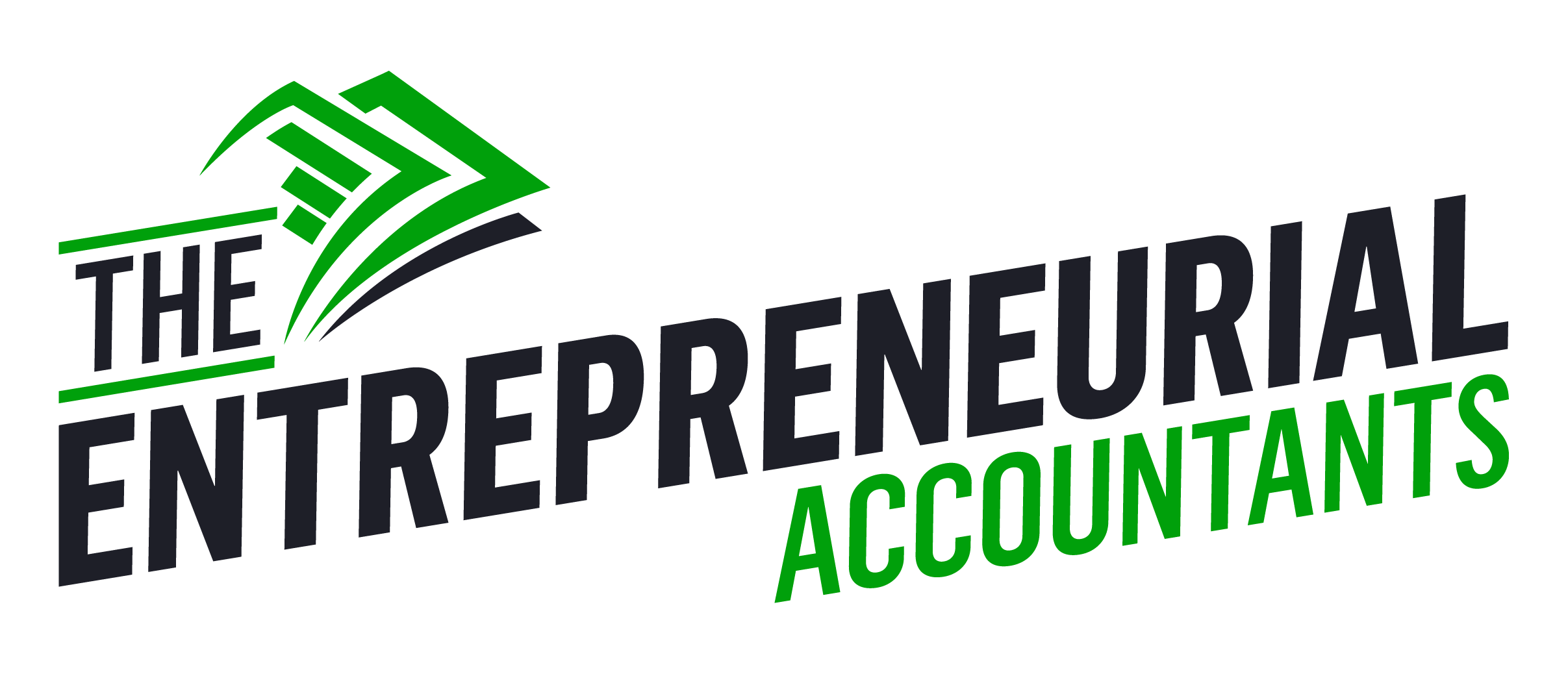An Enrolled Agent (EA) is a federally-authorized tax practitioner who has technical expertise in the field of taxation.
The Enrolled Agent is empowered by the United States Department of the Treasury to represent taxpayers before all administrative levels of the Internal Revenue Service for audits, collections, and appeals.
Enrolled Agents have been regulated by Congress since 1884 – believe it or not, even before CPAs existed.
The profession was created after questionable claims had been presented for Civil War losses. Congress acted to regulate persons who represented citizens in their dealings with the U.S. Treasury Department, and so the Enrolled Agent designation was born.
How does one become an Enrolled Agent?
The license is earned in one of two ways: by passing a set of three comprehensive examinations which cover all aspects of the tax code; or having worked at the IRS for five years in a position which regularly interpreted and applied the tax code and its regulations.
All candidates must go through an application process and are subjected to a rigorous background check conducted by the IRS. You can get more details about the application process on the IRS’s website.
Who should be an Enrolled Agent?
Surprisingly, just about anyone can become an Enrolled Agent. For some people, becoming an EA can be a wonderful career move.
To be a successful EA, you have to be bright, creative, and ethical. It’s one of the few respected and high-paying professions where you don’t need a college degree. Even someone right out of high school may sit for the exam required to be licensed as an Enrolled Agent.
You also don’t have to be a U.S. citizen. You don’t even need to live in the United States. Lots of foreign taxpayers have obligations to file US income tax returns with the IRS. And many Americans living overseas need reliable tax professionals.
Becoming an Enrolled Agent could also be a great way to support yourself through college. You could work for any number of tax firms who would gladly pay for your expertise. You could also go into business for yourself and start doing tax returns for your friends.
Imagine a mother, working at home, near her children, on her own schedule earning a real living, without having to wait on tables or clean houses. Someone with physical disabilities can work from home and earn a real income.
Love to travel? The EA certification is good anywhere in the USA – or the world. Have Internet, will travel! It’s like talking about Independence Day, right?
What do you Need to be an Enrolled Agent?
To have a successful career as an Enrolled Agent, it’s helpful to have a few specific traits.
You need a good math aptitude. You need patience. You need to be able to move with change, quickly. You also need an excellent memory to track all the changes to the tax code and to remember when each of them becomes effective. Or know where to look up the changes.
Most importantly, you need a good network of tax professionals to help and guide you (like Team TaxMama®). And you need good communication skills, so you can understand clients’ explanation and record-keeping systems, as well as requests from IRS and state agencies.
And most important of all – you need a great sense of humor!
What is the Difference Between an EA and a CPA?
There are some critical differences between what EAs and CPAs can do.
When it comes to taxes, EAs and CPAs have equal standing before the IRS. They can both help you with tax preparation, resolving tax problems, and proactive tax planning.
Both EAs and CPAs may sit for the exam to represent taxpayers before the United States Tax Court.
When it comes to state tax issues, EAs have an advantage over CPAs. All states and local tax agencies recognize the EA certification. CPAs must be licensed in a specific state to represent clients at the state and local level.
The big difference is in accounting and in preparing financial statements. Only CPAs may issue compiled or audited financial statements. EAs may only issue financial statements that are marked “For Internal Use Only” or “For Management Use Only.”
Additionally, only CPAs can perform financial audits and give their opinion as to the quality of financial statements.
Both EAs and CPAs can help clients who are being audited by the IRS and states.
Do You Want to Become an EA?
Becoming an Enrolled Agent can be a great decision, even as a second career or after retirement. It’s a good idea to have help studying for the Special Enrollment Examination.
TaxMama® delivers one of the oldest and most comprehensive EA exam review courses available. In fact, it’s the only comprehensive course designed to actually teach you tax law from the ground up.
You will learn how to prepare tax returns for individuals and all business entities: sole proprietorships, partnerships, corporations, and S corporations.
You’ll also discover how to get penalties waived for your clients and how to help your clients get Offers in Compromise and installment agreements set up with the IRS.
You will even learn how to do tax research without having to pay thousands of dollars for subscriptions and resources!
The course includes all the continuing education credits you need to get your Annual Filing Season Program (AFSP) Record of Completion before you become an EA. You also get all the education credits you need once you are an EA or CPA (IRS and NASBA).
The training is offered as both a live online interactive class and a recorded self-study class. It does much more than just focus on passing the exam. It teaches you how to be an effective Enrolled Agent (EA) and how to work with clients.
Best of all, you get a solid support system to answer your client or business-related questions.
You can check out my EA exam review course options here:






![The Perfect Engagement Letter [Free Download]](https://theentrepreneurialaccountants.com/wp-content/uploads/2018/11/The-Perfect-Engagement-Letter-The-Entrepreneurial-Accountants-9-440x264.png)





